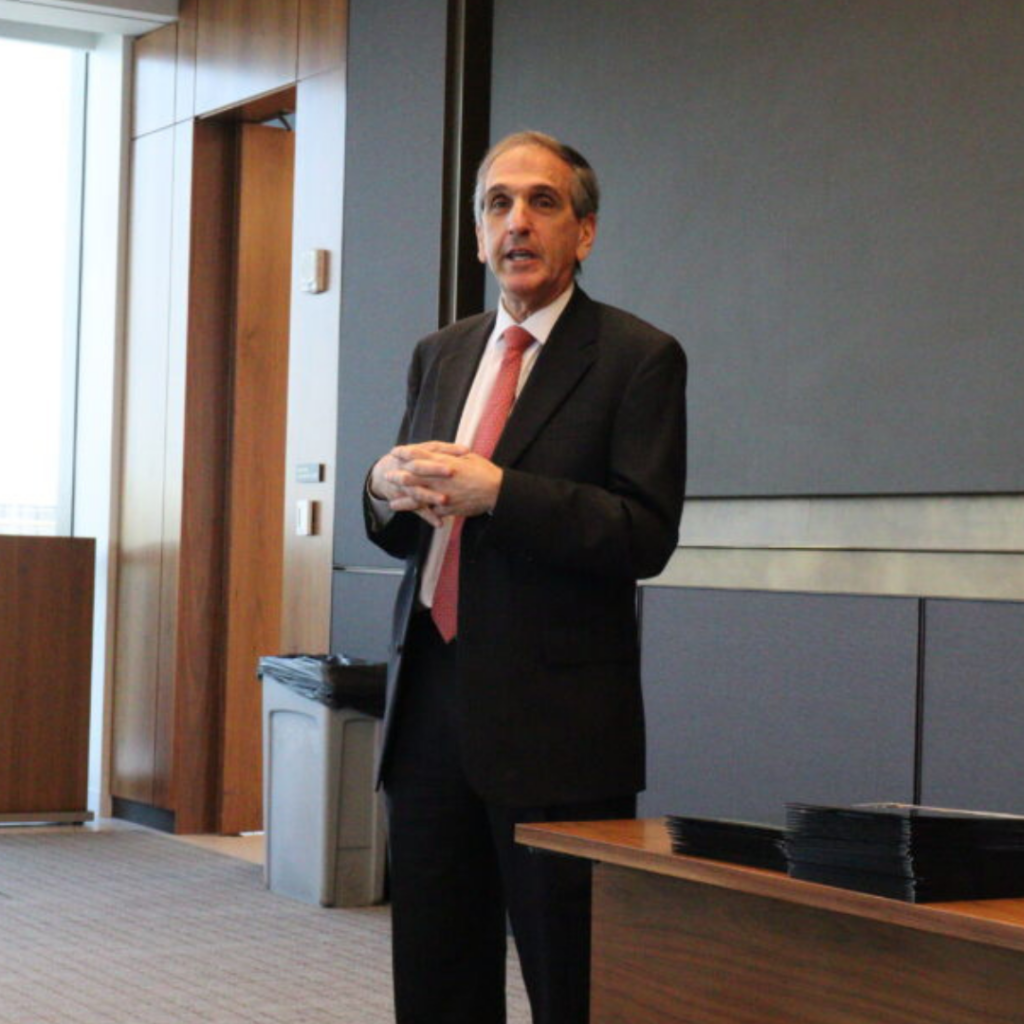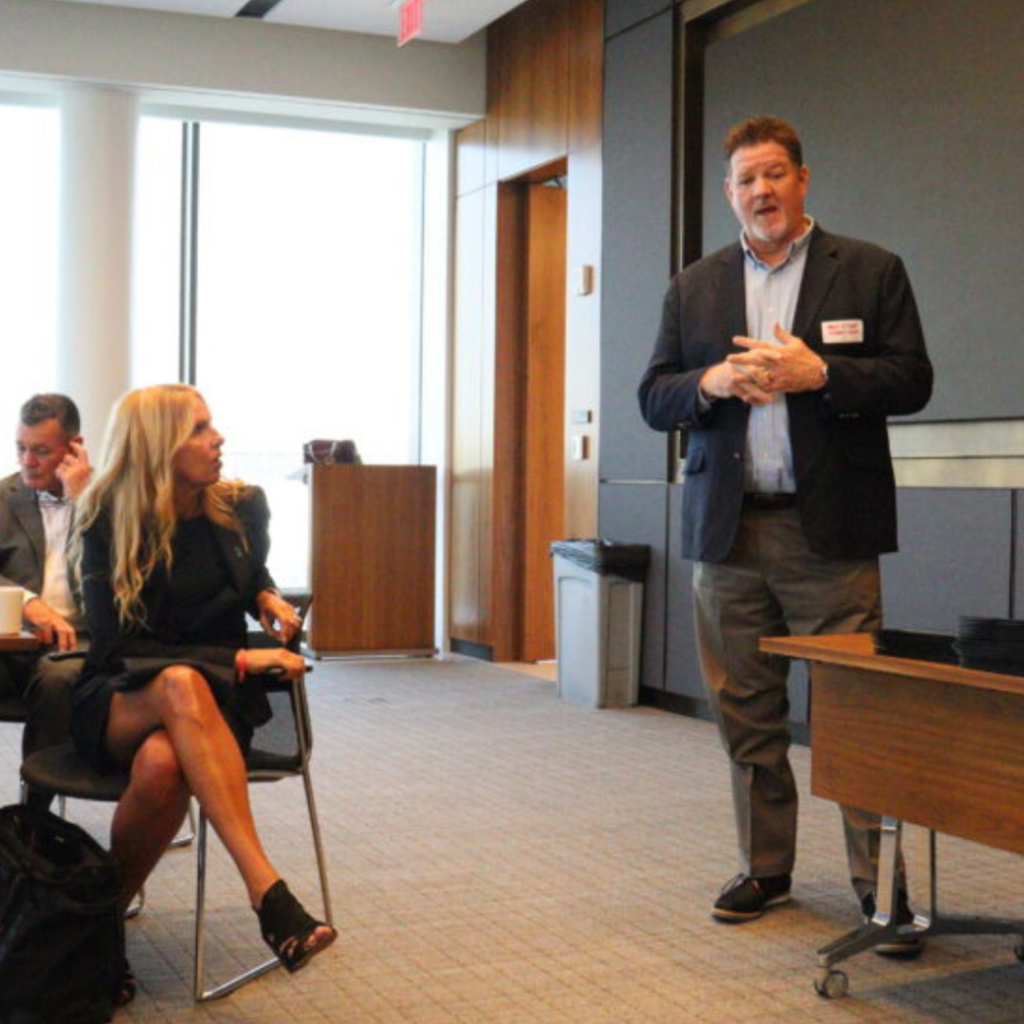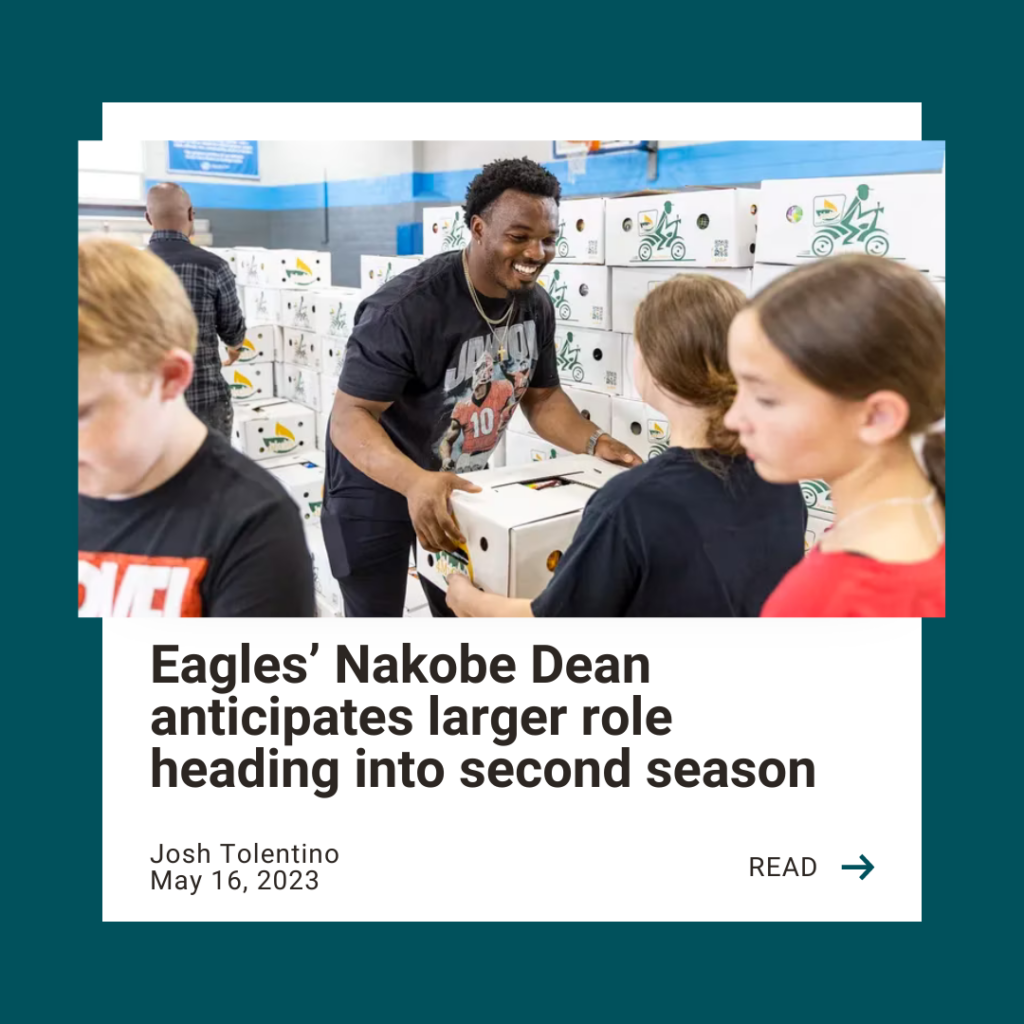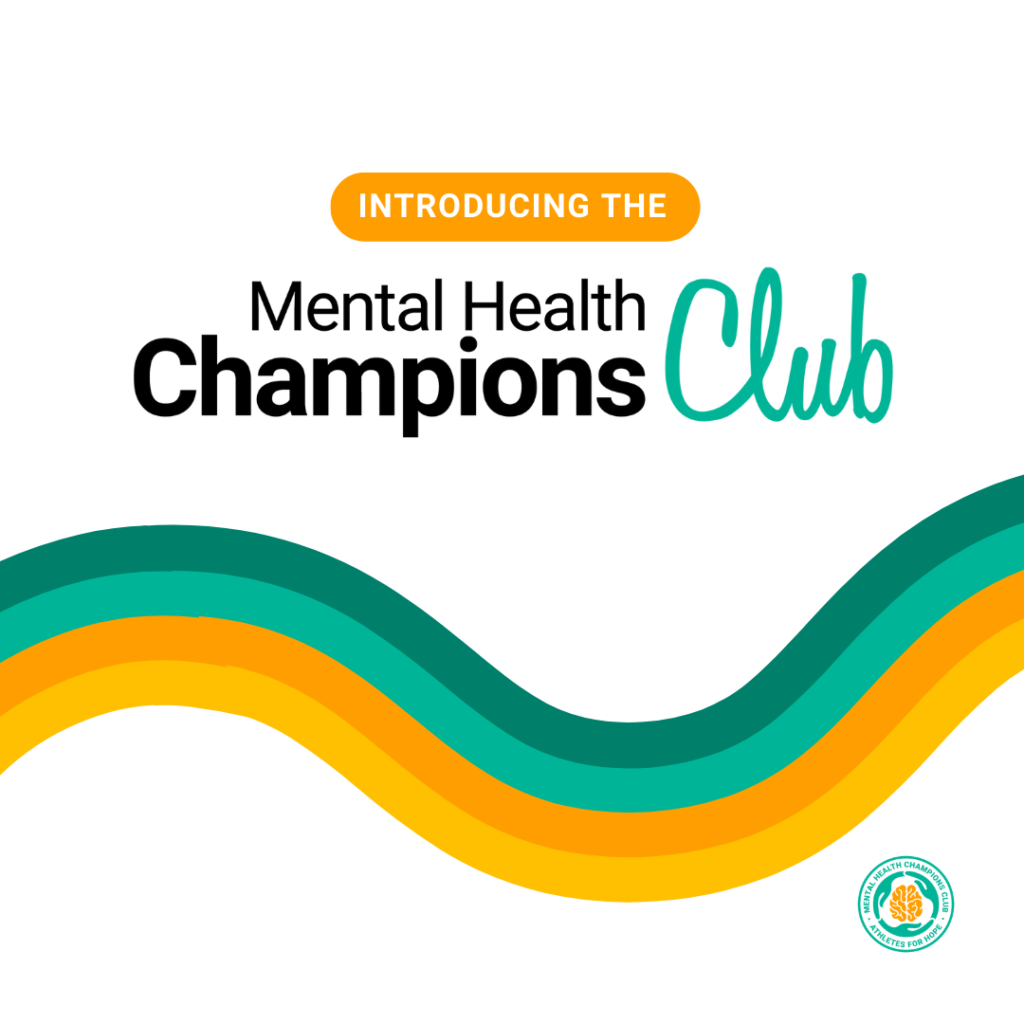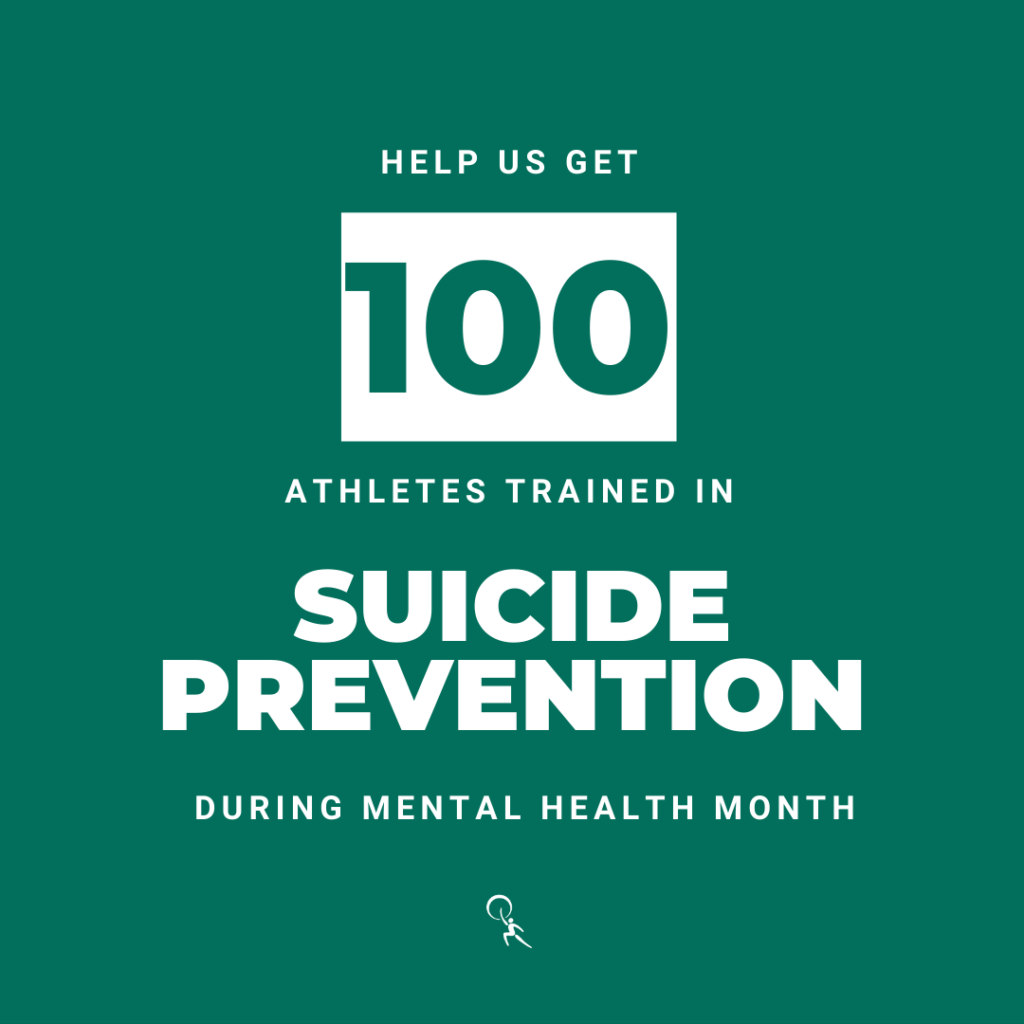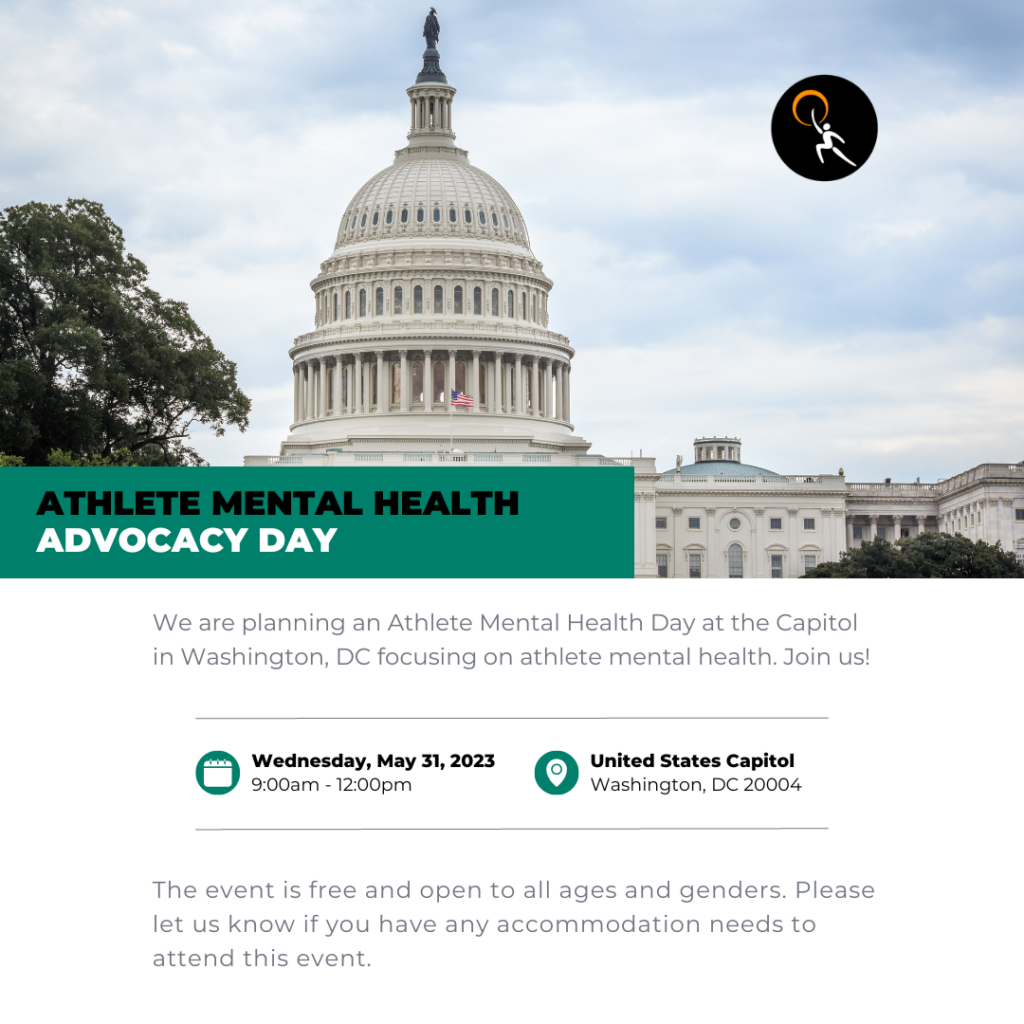Your Possibilities Are Endless
By: Casey Zeller
Casey Zeller is a former USA track & field athlete turned professional stunt performer. She has been a stunt performer on television shows and movies such as The Walking Dead, Guardians of the Galaxy Vol. 3, Avengers: Endgame, and Spider-Man: Homecoming.
When you fall in love with a sport, hobby, or career, your passion drives you to live and breathe everything you have into it. The sport then shifts, shapes, and forms us into the people we are today through the difficult practices, many coaches, teammates, competitions, travels, and sacrifices we make along the way.
My first love was gymnastics at the age of five. Since I could remember, my mom always told me, “You can do anything you set your mind to.” So, I set my mind on the Olympics as a gymnast. I was a natural and rose quickly through the competitive levels in 6 short years.
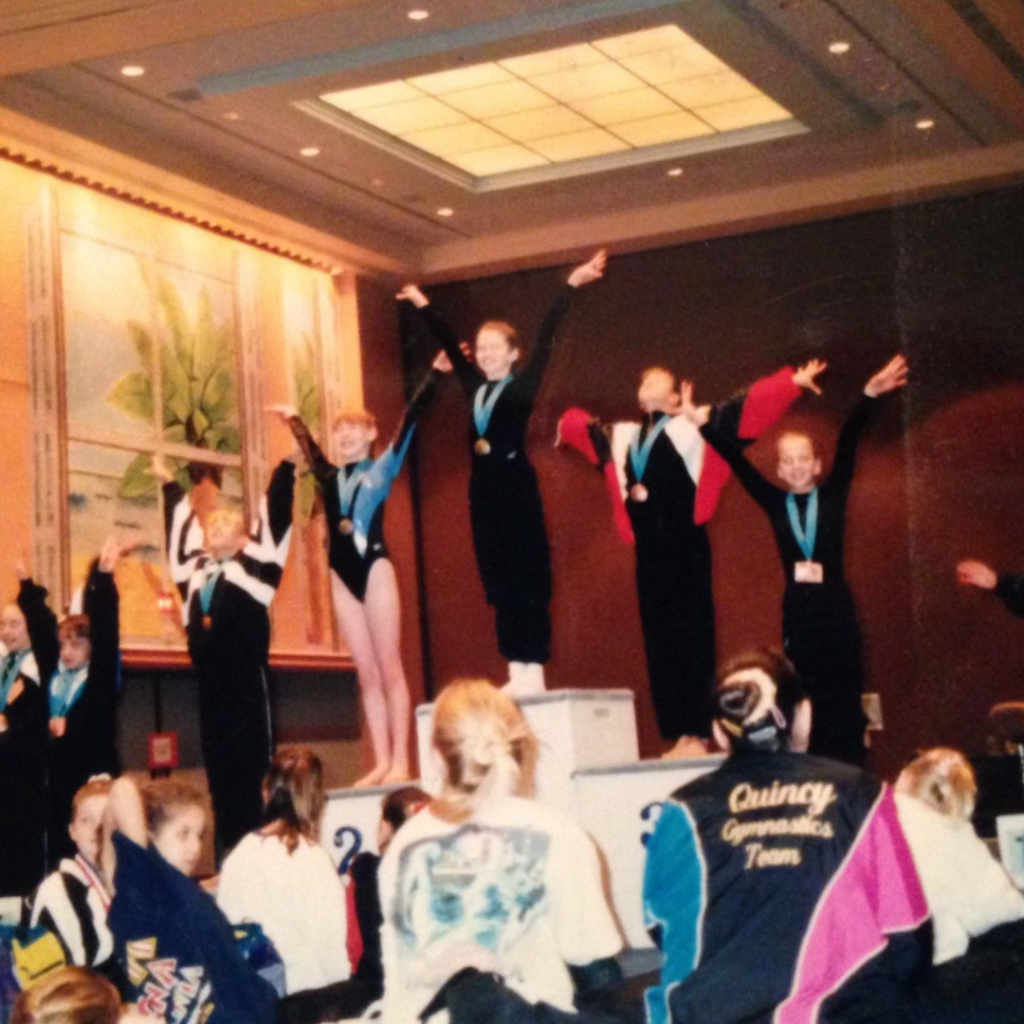
No one questioned why I wanted to go to the Olympics because they saw how hard I worked and my relentless determination to get to Level 10 and beyond.
But at 10 years old, at Level 8, my mom forced me to quit due to the toxic coaching environment. My dreams were shattered and I had no say in the matter because I was just a child.
Not long afterward, I tried out for my middle school track team as a promise kept to my best friend. We vowed that if we ever left gymnastics we would try out for the track team. Shortly after joining the team, I was flying past all the high schoolers to the finish line. My coaches told me I had great talent, so I once again set my sights on the Olympics, but for track this time. I powered through my high school years and landed a full track scholarship as a heptathlete and 400m hurdler.
Unfortunately, my college career was not kind to me. Years of overtraining and coaches pushing me to compete through injuries ad illness had caught up to me. My body was burnt out. Even when my college professor told me that I would never make it to the Olympics because it wasn’t in my genetics, I was determined to prove him wrong. I kept believing that I could do anything I set my mind to and refused to give up.
But after a tragic ending to my college career, I decided to take some time off. I wasn’t sure if I’d ever return to the sport again but after a year, I reset my sights on my dream. I moved to Atlanta and got a new coach. We didn’t have a track, so I trained for the 400m hurdles at Piedmont Park. Injuries once again plagued me. Two months before the 2012 Olympic Trials I broke my foot and ankle- dashing any hope to make the team that Olympiad. I was devastated but I rehabbed and kept training. I went through 3 coaches hoping to find the right fit. By the time I found the right coach, my body was already too far gone, and my dreams were out of reach.
Middle school, high school, college, then professionally; I spent 15 years always chasing what I knew in my heart that I could do. Never accepting that my best years could be behind me, yet I consistently repeated the cycle until an injury put me out for yet another season.
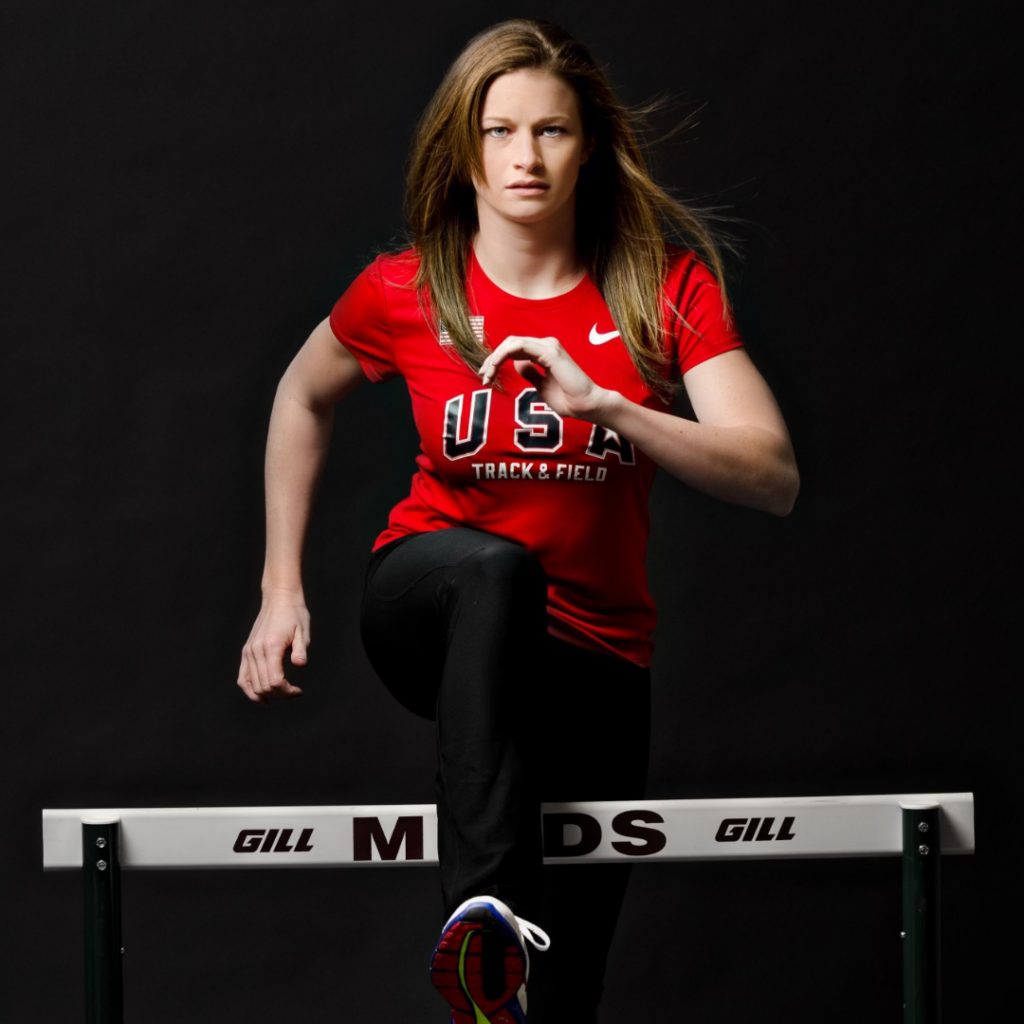
The doctors told me that if I kept going, I would be in a wheelchair by the time I turned 30. I didn’t want to believe them. Track was everything to me, but it was costing me my body, my mental health, my financial well-being, and my life. So, I reluctantly retired. Left to question if my mom had been wrong the entire time-maybe I can’t do whatever I set my mind to.
For a year I wandered aimlessly trying to find a new sense of purpose. For half my life Track and Field defined me and my career: Track athlete, Track coach, B.S., and M.S. in Sports Management, USATF Athlete Advisor, and US Jr Pan Am Staff member. So, I sat and thought, “Who am I without track? Why did it define me? Did it define me?” These questions set me on a battle with depression, unlike anything I’ve experienced. I would look in the mirror and no longer recognize the athlete I used to be. I was just an empty shadow of who I once was. Unable to do what I felt I was born to do.
It was then I realized that I had to find who I was -unattached to any sport or career. I finally learned how important it is to be passionate about something but never let it define you. So, I took time to look inside myself. I spoke to my peers and began my quest of self-discovery. It was hard, long, and quite frankly, it never truly ends. Through reading books, going to therapy, personal research, holistic practices, meditation, feel good exercise-I found a way to be healthy and better manage the stresses that came into my life. I was able to find a way through that dark time and open my mind to other possibilities that I had never known existed.
I started trying anything and everything that came in to my life that challenged me: CrossFit, fitness/bikini competitions, BJJ, film background work, etc. One day while working on set as an extra, some stunt performers noticed how athletic I was and asked if I had ever thought about doing stunts. I replied, “What is that?” They laughed and invited me to come train with them and I thought, “Why not?!”

A month later, I was tafted into the SAG-AFTRA union and I hit the ground running, learning anything and everything I could.
It was a hard transition from a seasoned Track and Field athlete to the bottom of the totem pole in an industry I knew nothing about. It’s been almost 10 years now and I have created a new career for myself as a professional stuntwoman in the film and entertainment industry. But I have learned my lesson. Stunts do not define the person I am. It’s become my passion and career but it is not who I AM. Every day I wake up and try to find balance within myself and my life to keep me grounded in who I am as a person. There are still hardships that come and go but I have an arsenal of tools that I can use at my disposal now.
I hope my story can help shed some light on how the world and athletes define themselves in sports. We have so much more to offer than just our physical capabilities and performances. I encourage anyone reading this to never stop asking yourself important questions like Why. Why do you want what you do? Why do you want to go where you want to go? Why do you want to feel the way you want to feel? Why do you want to be who you want to be? These are questions that will keep us true to who we are – aside from our passions, sports, and goals.
Sometimes all you have to do is open YOUR mind and consider all YOUR possibilities because they are endless.


